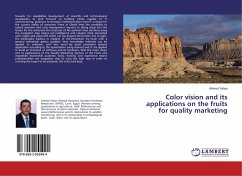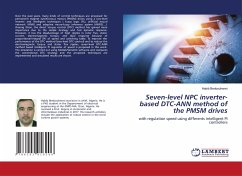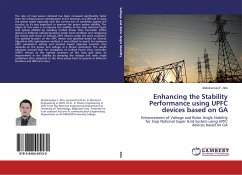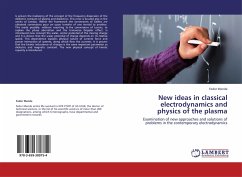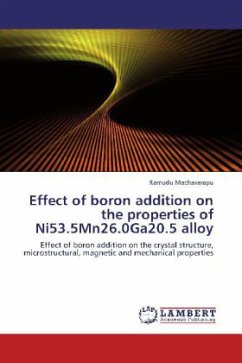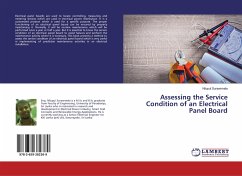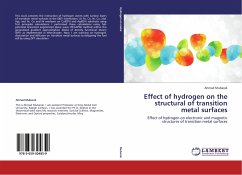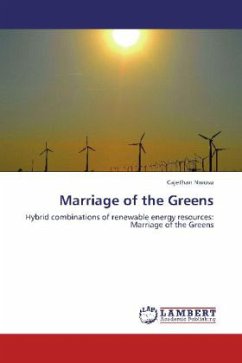
Marriage of the Greens
Hybrid combinations of renewable energy resources: Marriage of the Greens
Versandkostenfrei!
Versandfertig in 6-10 Tagen
39,99 €
inkl. MwSt.

PAYBACK Punkte
20 °P sammeln!
In today s electricity market, the responsibility for new power production units has gone from conventional power systems (CPS) to decentralized generations (DG) as a result of the increasingly difficulty in solving the varied transmission system capacity problem. Continued exploitation and utilization of conventional energy resources (CER) result in greenhouse gasses. The world-wide trend towards deregulation of the electricity markets created a boost towards the use of renewable energy resources (RER) in the power system. Based on the stochastic behavior of RER, together with the fluctuation...
In today s electricity market, the responsibility for new power production units has gone from conventional power systems (CPS) to decentralized generations (DG) as a result of the increasingly difficulty in solving the varied transmission system capacity problem. Continued exploitation and utilization of conventional energy resources (CER) result in greenhouse gasses. The world-wide trend towards deregulation of the electricity markets created a boost towards the use of renewable energy resources (RER) in the power system. Based on the stochastic behavior of RER, together with the fluctuations of the consumer energy demand on daily and seasonal bases, they are therefore not good candidates for ancillary services required of electricity generators when operated singly without backups. In order that power production may be increased or decreased quickly in response to load demand fluctuation, power from these sources are best operated in hybrids with backups. The hybrid combinations of these resources with or without backups to generate environmental and ecological friendly power and mitigate the emissions of greenhouse gasses may be seen as heavenly marriage of the greens .



